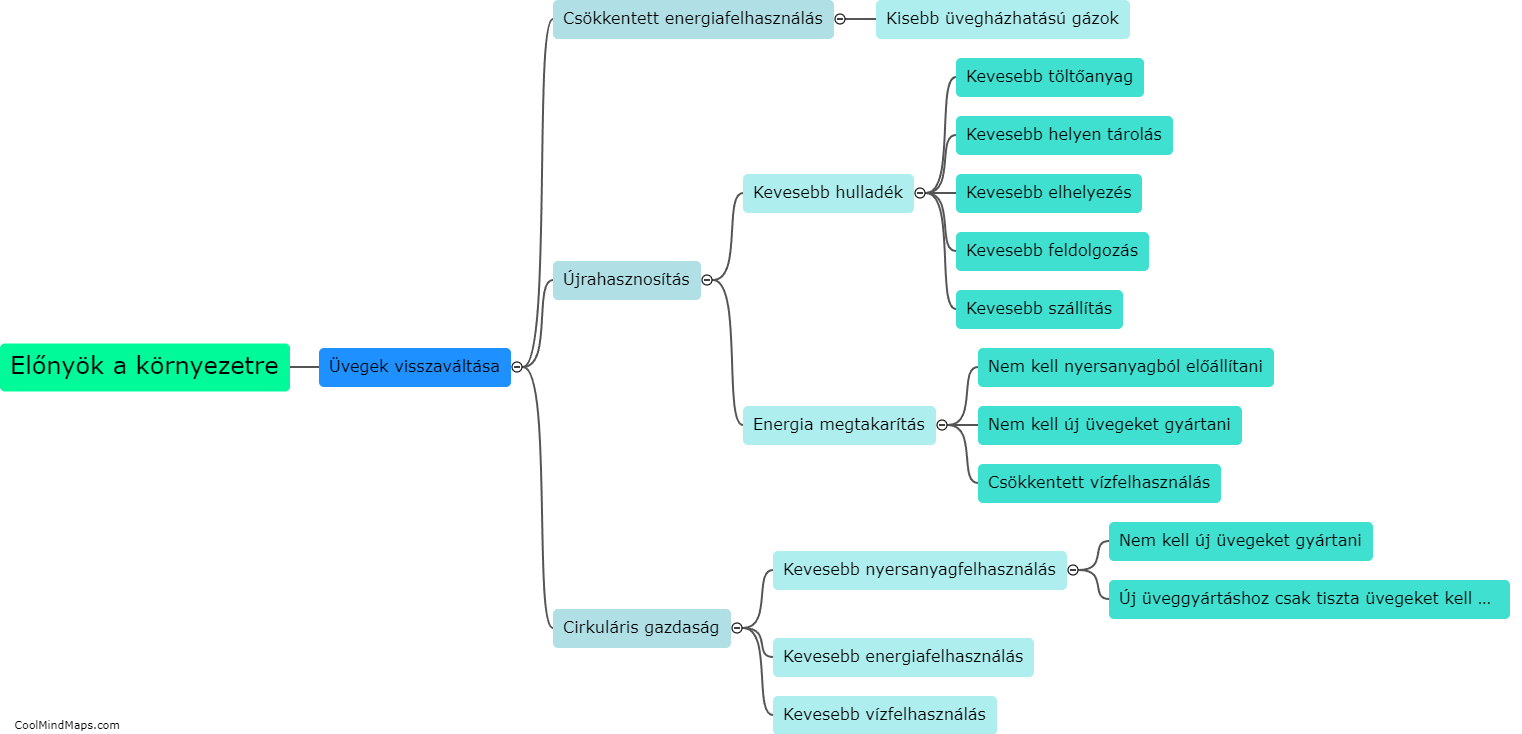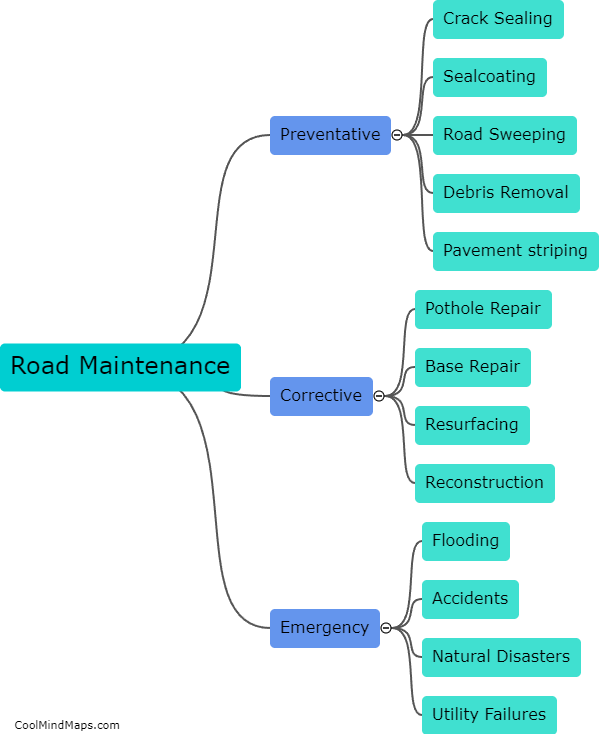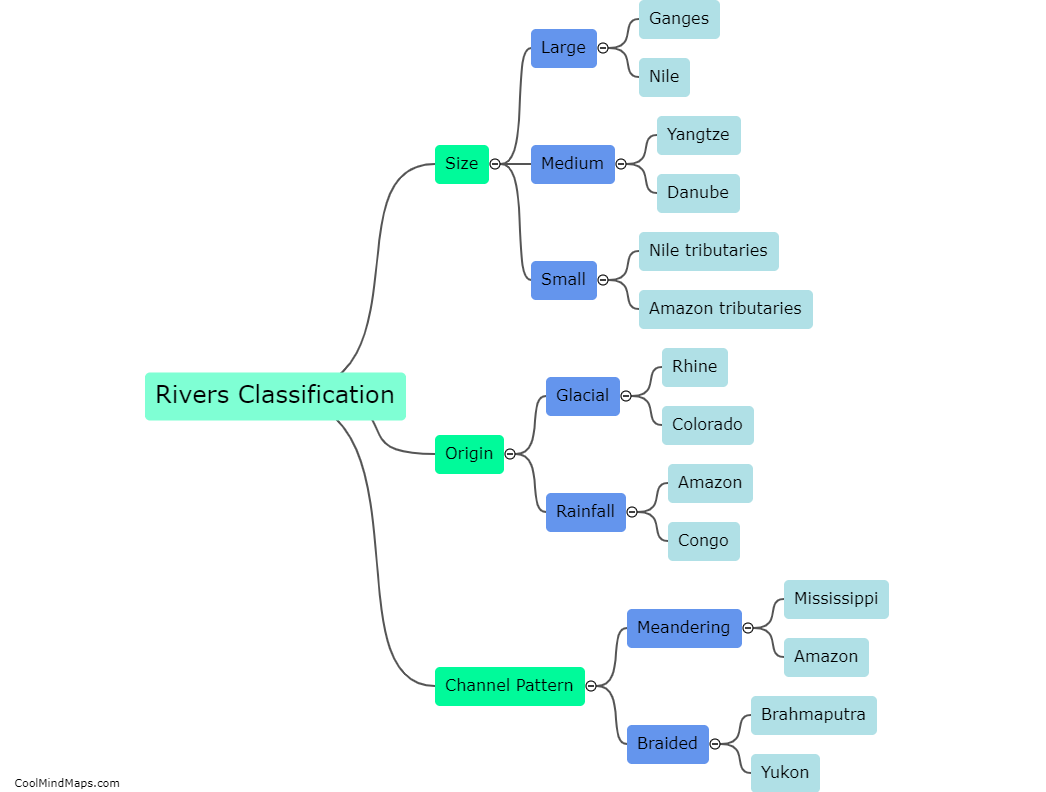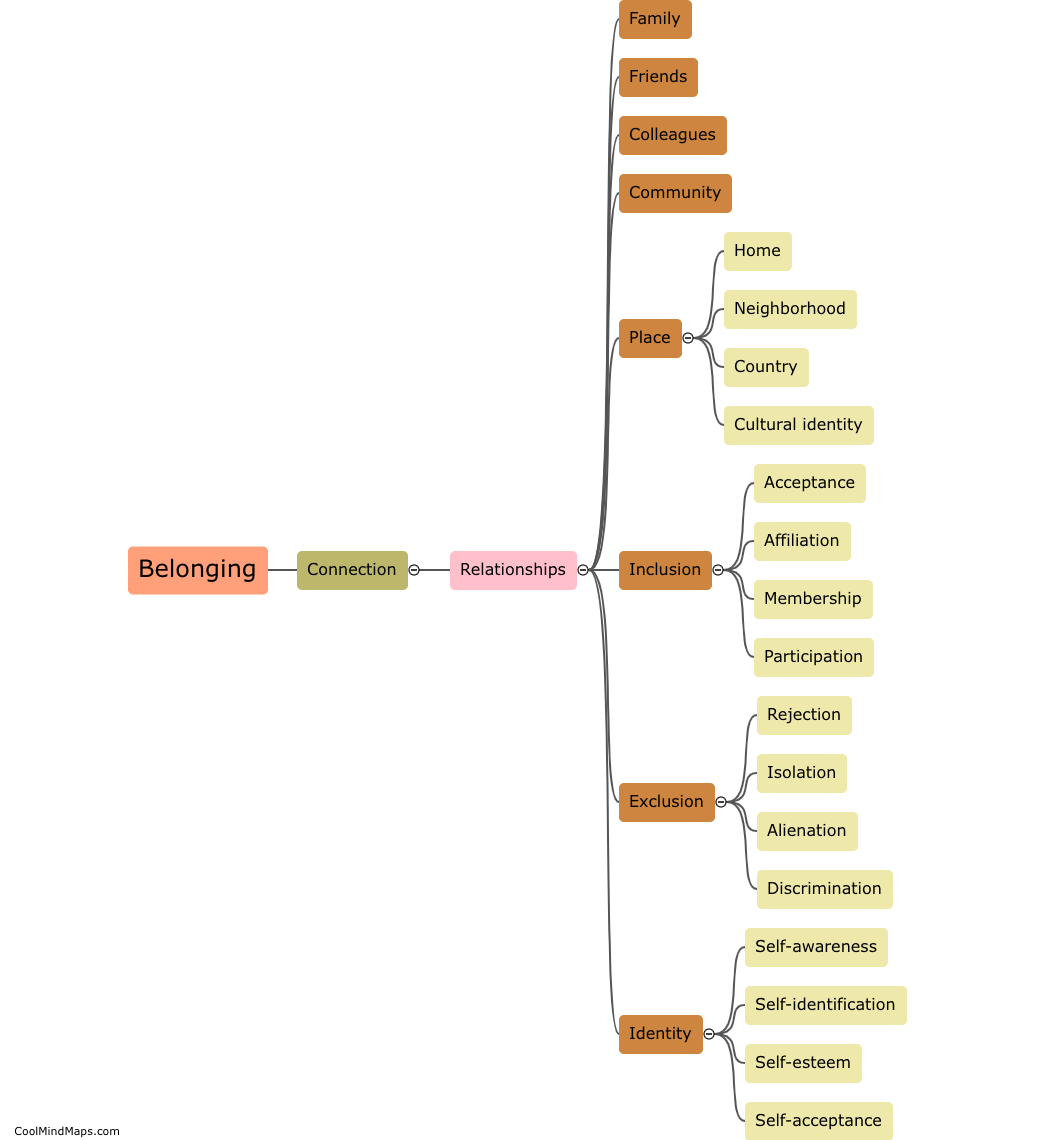What is a cathode?
A cathode is an electrode that carries a negative electric charge. It is one of the two fundamental components of an electrochemical cell, with the other being the anode. In a battery or other similar devices, the cathode acts as the site of reduction, where electrons are gained during a chemical reaction. When a current flows through an electrical circuit, electrons are released from the cathode and travel towards the positively charged anode, creating a flow of electric current. Cathodes play a crucial role in various applications such as batteries, electrolysis, and cathode ray tubes used in television screens.

This mind map was published on 9 November 2023 and has been viewed 83 times.











